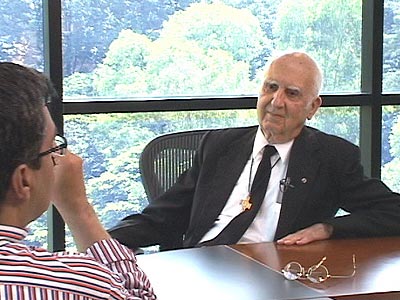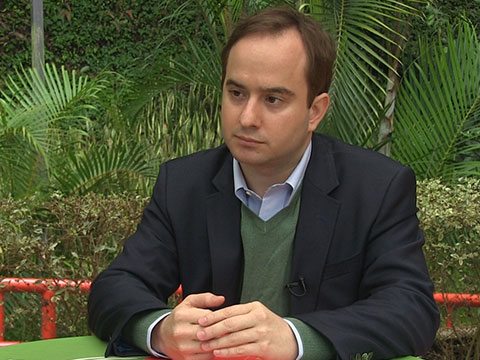About this videoIn this lecture, Eric Daniels explores Ayn Rand's thoughts on capitalism, which, as she points out, is often misunderstood even by those who defend it. According to Rand, understanding capitalism involves more than the study of the allocation of resources; it requires asking questions about the nature of human beings. Daniels explores several topics including freedom, individualism, collectivism, and productivity under different social systems. He explains that capitalism may be defined as the system in which all human action is voluntary. Daniels also delves into the fundamental differences between rights that are inherent and permissions that are granted. Echoing Rand's call to “discover” capitalism, Daniels emphasizes the importance of understanding this much maligned system. |
|
CreditsAyn Rand on Capitalism | |











